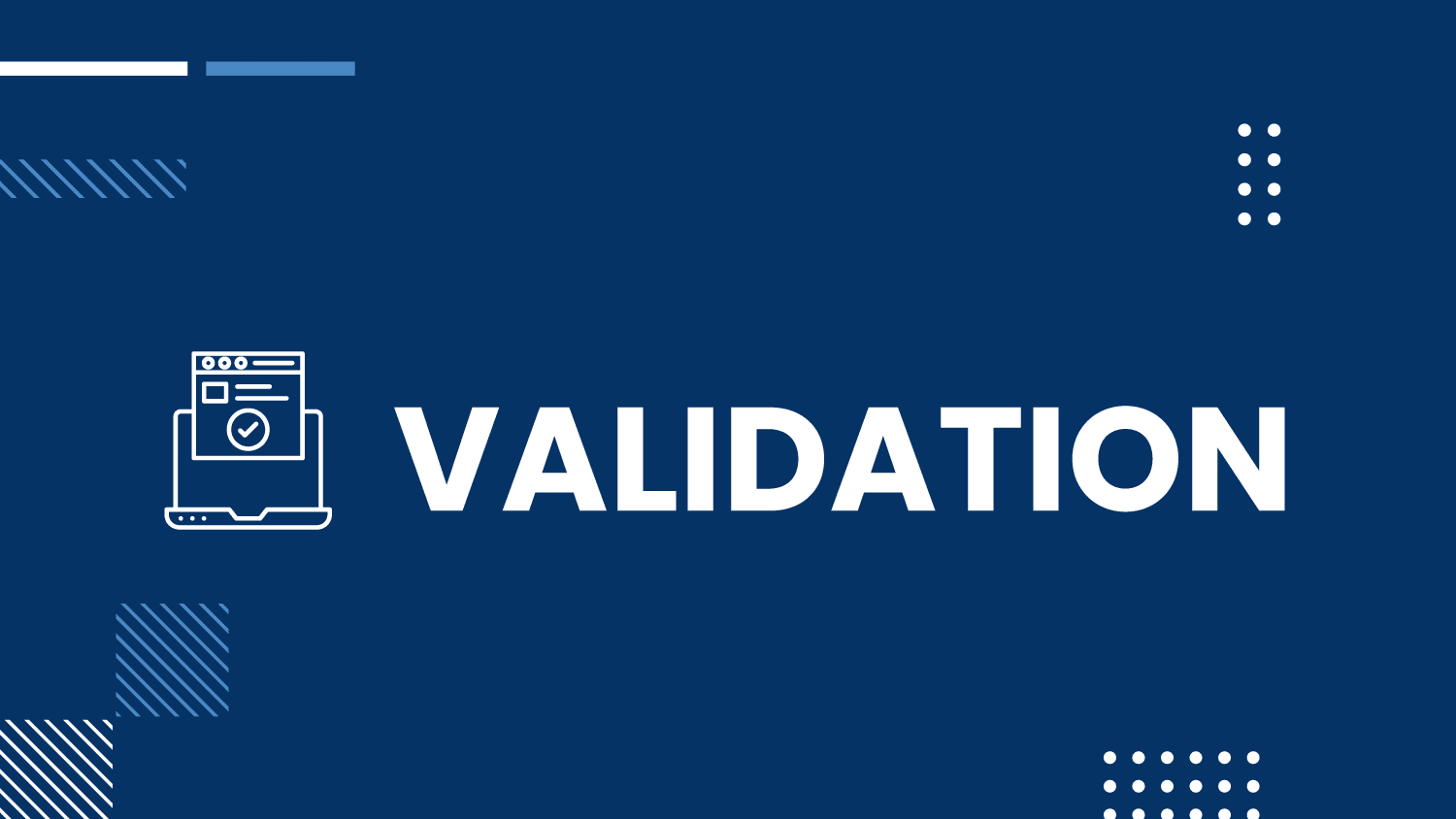
Clothing designer shot himself in his well-clad foot yesterday with a tweet that was quickly deemed inappropriate:
Millions are in uproar in #Cairo. Rumor is they heard our new spring collection is now available online at http://bit.ly/KCairo -KCless than a minute ago via Twitter for BlackBerry®
He quickly got condemned for being insensitive. And then, in what appears to be a now-standard response on Twitter, someone establish a mock Twitter ID, KennethColePR, posting some amusing tweets the way BPGlobalPR did after the BP oil spill. Today, KennethColePR has more than six thousand followers.
Kenneth Cole later did apologize — six hours later.
So here’s the first lesson: if you have a crisis
- Be prepared: Register account names that can be used as mock accounts. Yeah, they’ll still be able to find an account to mock your corporate response, but you might as well make it more difficult for them.
- Respond quickly. Companies need to monitor the response any edgy tweets quickly. Fifteen years ago, apologizing just six hours after the fact might have been fast enough to deflate a story. Not anymore. Twitter moves too fast, so that six hours turns out to be a too looong a time. Two hours might be too long to wait and defuse the situation.
- Context matters. What works in advertising might not work on Twitter. Kenneth Cole has used edgy ads for years –“Regardless of the right to bear arms, we condemn the right to bare feet” and Women have the right to be pregnant, but not barefoot” or an AIDS-prevention ad featured a condom along with the tagline: “Shoes aren’t the only thing we encourage you to wear.” So his edgy comment on Twitter was not without precedent. What’s interesting, though, is the gap between what’s appropriate for an ad and what’s appropriate on Twitter.
People expect ads to entertain, intrigue, persuade, annoy or bore them. Even targeted ads are a bit impersonal (which is not to say some ads don’t offend — as some Super Bowl ads demonstrate each year).
Twitter, however, is different. It seems more personal. We’re using it for news and commentary. What might have worked in an ad clearly did not work on Twitter.
The question for Kenneth Cole is what affect this tweet will have on his sales. I tend to think it won’t have leave much of a long-term impact on his core customers.
What do you think? Are there other lessons?



